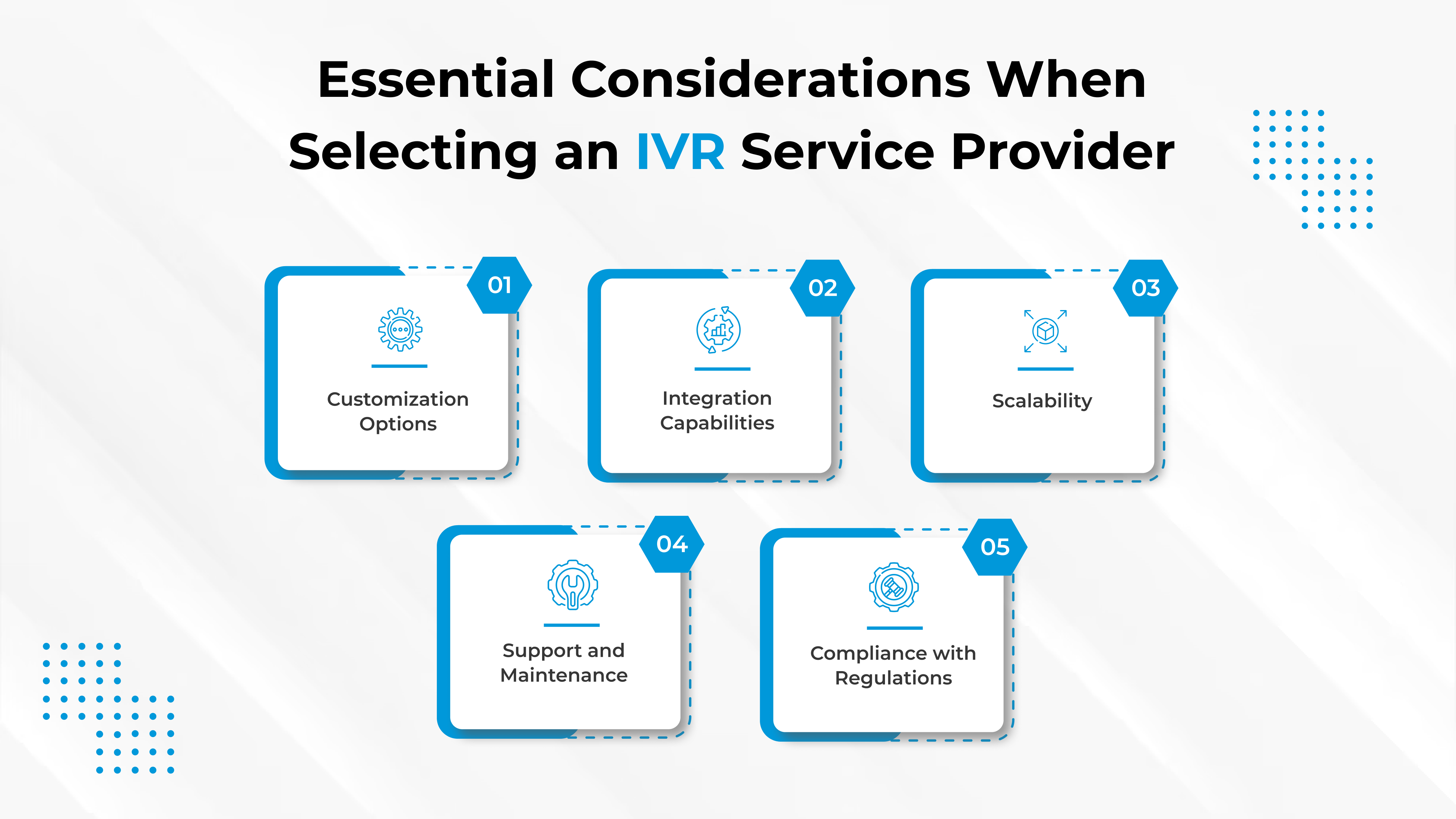The healthcare industry in India has experienced a remarkable evolution in recent decades, largely driven by technological innovations that have enhanced service delivery and accessibility. Among these advancements, Interactive Voice Response (IVR) systems have gained significant traction. IVR solutions have become a vital component of the healthcare landscape in India, providing numerous advantages that improve patient care, optimize operations, and elevate the overall experience for both healthcare professionals and patients.
In this blog, we will examine the impact of IVR solutions on the Indian healthcare sector, the diverse applications of this technology, and the importance of collaborating with a knowledgeable IVR service provider for healthcare organizations aiming to utilize this technology effectively.
Before diving into the specific impacts of IVR systems in healthcare, it’s important to understand what an IVR system is and how it works. An IVR (Interactive Voice Response) system is an automated phone technology that interacts with callers, gathers information, and routes calls to the appropriate recipient or department without human intervention. Typically, IVR systems use pre-recorded voice prompts, touch-tone keypad inputs, or speech recognition to guide users through options.
IVR healthcare solutions can be utilized for tasks ranging from appointment scheduling to providing medical information and even sending reminders for follow-up care. With advancements in artificial intelligence (AI) and natural language processing (NLP), modern IVR systems can offer more sophisticated services, including dynamic interactions and enhanced personalization.


IVR solutions are being deployed in various healthcare settings across India, including hospitals, clinics, pharmacies, insurance providers, and more. Let’s take a look at some of the common use cases for IVR systems in the Indian healthcare industry.
In the rapidly evolving landscape of healthcare, Interactive Voice Response (IVR) systems have emerged as a powerful tool for enhancing patient engagement and streamlining operations. While these systems offer numerous advantages, such as improved patient communication and operational efficiency, their successful implementation, and ongoing management require a level of expertise that only a seasoned IVR service provider can offer. By partnering with an experienced provider, your healthcare organization can fully harness the potential of IVR technology, ensuring that it meets the specific needs of your patients and staff alike.

IVR solutions are playing a pivotal role in transforming the healthcare industry in India by improving patient accessibility, operational efficiency, and overall service delivery. As the healthcare sector grapples with rising patient numbers and resource limitations, IVR systems provide a scalable, cost-effective solution to address these challenges. From simplifying appointment scheduling and sending medication reminders to handling basic inquiries and delivering health information, IVR technology ensures seamless communication between healthcare providers and patients.
The 24/7 availability of IVR systems makes healthcare services more accessible, especially in underserved areas, while reducing the administrative burden on healthcare staff. Additionally, the ability to personalize interactions and integrate with existing healthcare platforms enhances patient engagement and satisfaction.
However, to fully harness the potential of IVR technology, healthcare organizations must partner with a reliable IVR service provider who can customize solutions to their specific needs, ensure regulatory compliance, and provide ongoing support.
Ultimately, IVR solutions are not just about automating processes; they are about enhancing the patient experience, improving operational workflows, and supporting the continued growth and modernization of healthcare services in India. With the right implementation, IVR systems have the power to shape the future of healthcare in the country.
Contact Kommuno today for a free consultation!
Elevate Your Business Game with Kommuno – The best way to stay connected to customers!
Copyright ©2024 All Rights Reserved | Kommuno Technologies Pvt Ltd
Copyright ©2024 All Rights Reserved | Kommuno Technologies Pvt Ltd